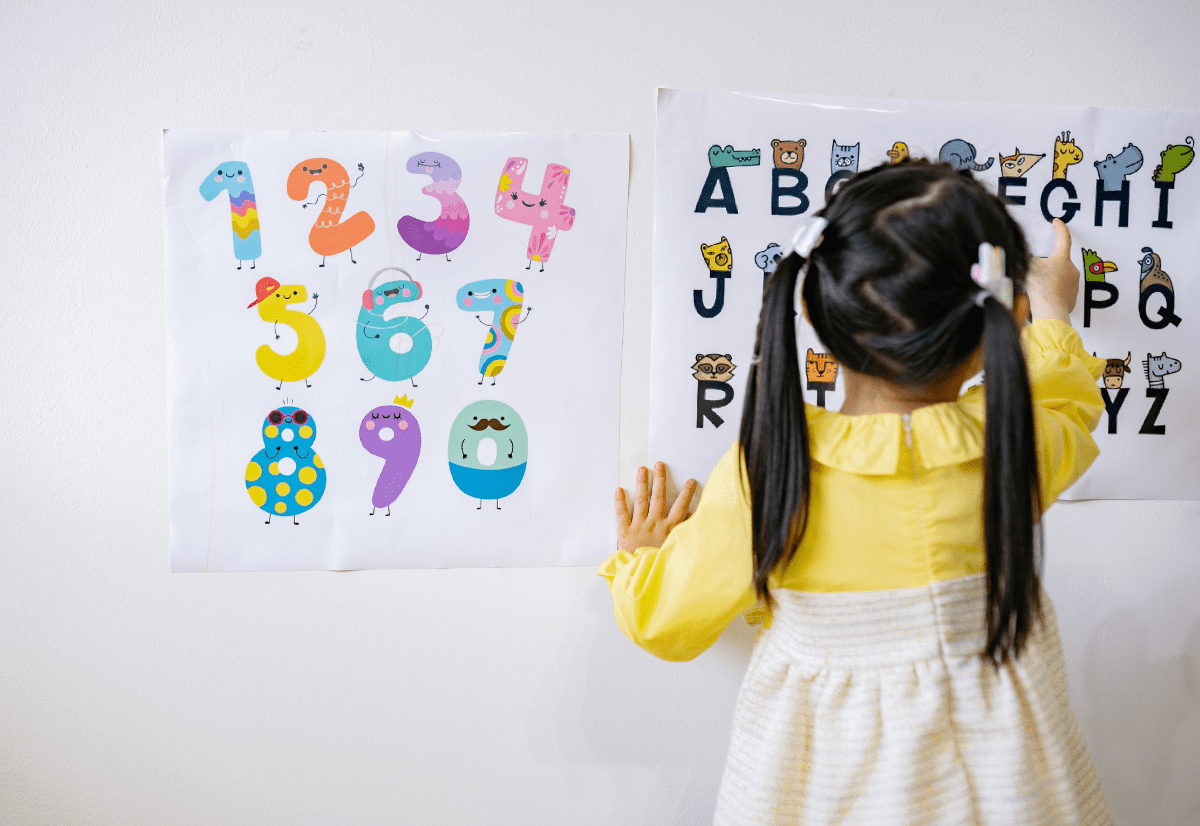Blog
Unlocking Early Learning: Preschool Success Strategies

In the early years of a child’s life, learning becomes the cornerstone of future success. The cognitive and emotional development that occurs during these formative years lays the foundation for a lifetime of learning and growth.
Choosing the Right Preschool
Parents face a critical decision in selecting the best preschool for their child. Location, facilities, and reputation are essential considerations. Thorough research involves visiting prospective preschools, asking pertinent questions, and gathering feedback from other parents.
Creating a Positive Learning Environment
The physical space where a child learns is crucial. Vibrant and interactive classrooms, coupled with qualified teachers holding early childhood education credentials, create an environment that stimulates curiosity and engagement.
Implementing Engaging Curriculum
Play-based learning is more than just fun and games; it’s a fundamental aspect of early education that nurtures creativity and problem-solving skills. The curriculum should also address social and emotional development, teaching empathy and cooperation.
Encouraging Parental Involvement
Parents play a pivotal role in reinforcing what children learn in preschool. Regular communication channels, including updates from teachers and parent-teacher meetings, foster a collaborative approach to education.
Addressing Challenges in Early Learning
Challenges are inherent in the learning process. Overcoming difficulties, whether related to academic tasks or social interactions, builds resilience in children, preparing them for future challenges.
The Impact of Technology
In the digital age, finding the right balance of screen time is essential. Educational apps and tools can complement traditional learning methods, but they should never replace hands-on, interactive activities.
Assessing Preschool Success
Tracking developmental milestones ensures children are progressing as expected. Continuous improvement in teaching methods based on feedback creates an environment of constant growth and adaptation.
The Role of Extracurricular Activities
Preschool education goes beyond academics. Art, music, and physical activities contribute to holistic development, fostering creativity and physical well-being.
Nurturing a Love for Reading
Early exposure to books, library time, and storytelling sessions ignite a passion for reading. Building literacy skills early on is crucial for future academic success.
Fostering Social Skills
Group activities and peer interactions are instrumental in developing social skills. Preschool provides a safe and supportive space for children to learn how to navigate relationships.
Healthy Nutrition for Growing Minds
Balanced meals and thoughtful snack choices contribute to a child’s overall development. Proper nutrition ensures that young minds are fueled for optimal learning.
Overcoming Common Myths About Preschool
Dispelling misconceptions surrounding preschool, such as separation anxiety and academic pressure, provides parents with a clearer understanding of what to expect. A reality check helps highlight the numerous benefits of early education.
Tips for a Smooth Transition to Kindergarten
Transition programs and proactive preparation ease the transition from preschool to kindergarten. Ensuring children are familiar with basic academic and social skills sets the stage for a successful transition.
Unlocking early learning through effective preschool strategies is a gift that keeps on giving. By choosing the right preschool, creating an enriching learning environment, and fostering a love for learning, parents and educators lay the groundwork for a future filled with academic success and personal growth.
FAQs
- How can parents support their child’s learning at home?
- Engaging in educational activities and establishing a regular reading routine can significantly contribute to a child’s learning at home.
- What role does play-based learning play in preschool education?
- Play-based learning is not just about having fun; it’s a critical approach that fosters creativity, problem-solving, and social skills.
- Is technology integration in preschools beneficial?
- When used mindfully, technology can enhance learning experiences, but it should never replace essential hands-on activities.
- What are some signs of a successful preschool experience?
- Positive social interactions, developmental milestones, and a genuine love for learning are strong indicators of a successful preschool experience.
- How can parents prepare their child for the transition to kindergarten?
- Participate in transition programs offered by the preschool, communicate with kindergarten teachers, and ensure your child is familiar with basic academic and social skills.










